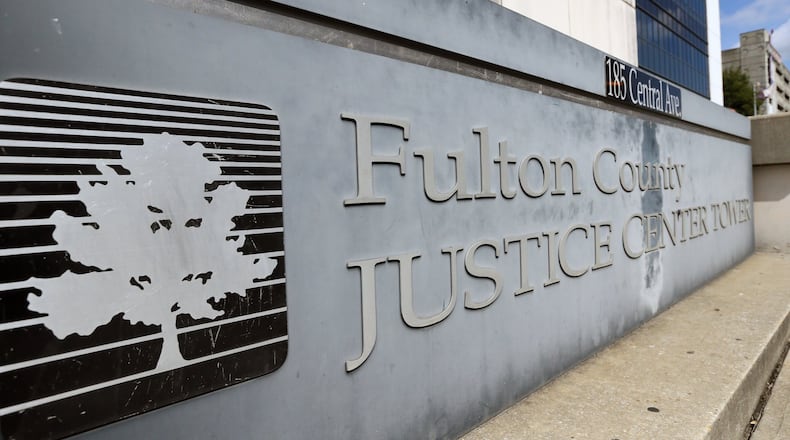The nation’s leading legal organization and legal aid lawyers in Georgia are assessing how to mitigate the impact of the coronavirus pandemic on poor Americans as they grapple with potential evictions, debt collections and unemployment claim disputes.
Families may need to file for bankruptcy, stave off eviction or change child support arrangements as parents lose their jobs, said Judy Perry Martinez, president of the American Bar Association. The pressure of living in close quarters may increase the need for domestic violence help. Medical insurance and government assistance program problems may also rise.
“What we know is that it’s hard on everyone to be able to come out of a disaster or a crisis like what we’re facing now,” Martinez said. “But it is even more so for people without means, who don’t have resources, and who need assistance with legal services.”
Martinez launched a nationwide ABA task force of volunteer lawyers and judges to make recommendations and mobilize lawyers.
“This is in order to make sure that access to justice is not an even greater challenge in a crisis than it is in everyday life in our country. And it is a challenge,” Martinez said. Before the outbreak, estimates showed that some 85% of legal needs among the poor went unmet, she said.
For the near future, Georgia Supreme Court Chief Justice Harold D. Melton recommended that local courts try to stay open for limited, essential functions such as issuing domestic abuse restraining orders, according to a recent order. But the legal proceedings required for landlords to evict tenants have ground to a halt in Fulton County and elsewhere.
This may seem like welcome relief for tenants, but not all landlords are willing to follow the rules. At the Atlanta Legal Aid Society, attorneys worry the closures may lead to a spike in illegal evictions.
“Our concern is we’ll see landlords getting frustrated and trying to set people out on their own. That’s illegal,” said Erin Willoughby, a senior attorney in the agency’s Clayton & South Fulton office.
Once Georgia courts resume normal operations, legal eviction filings may rise as workers lose their jobs or rack up expensive medical bills. Georgia doesn’t provide any relief for tenants unable to pay rent, Willoughby said.
Also, unscrupulous employers may claim that employees they laid off during the slowdown were fired for cause. This ruse helps employers dodge higher unemployment taxes payments, but cheats laid off workers out of unemployment checks.
And if schools remain closed, lawyers expect to hear from parents with children in special education programs. Public school systems are required to educate them, but it’s unclear what this will look like as courses move online.
“I expect to see a little bit of everything,” Willoughby said.
About the Author
The Latest
Featured


